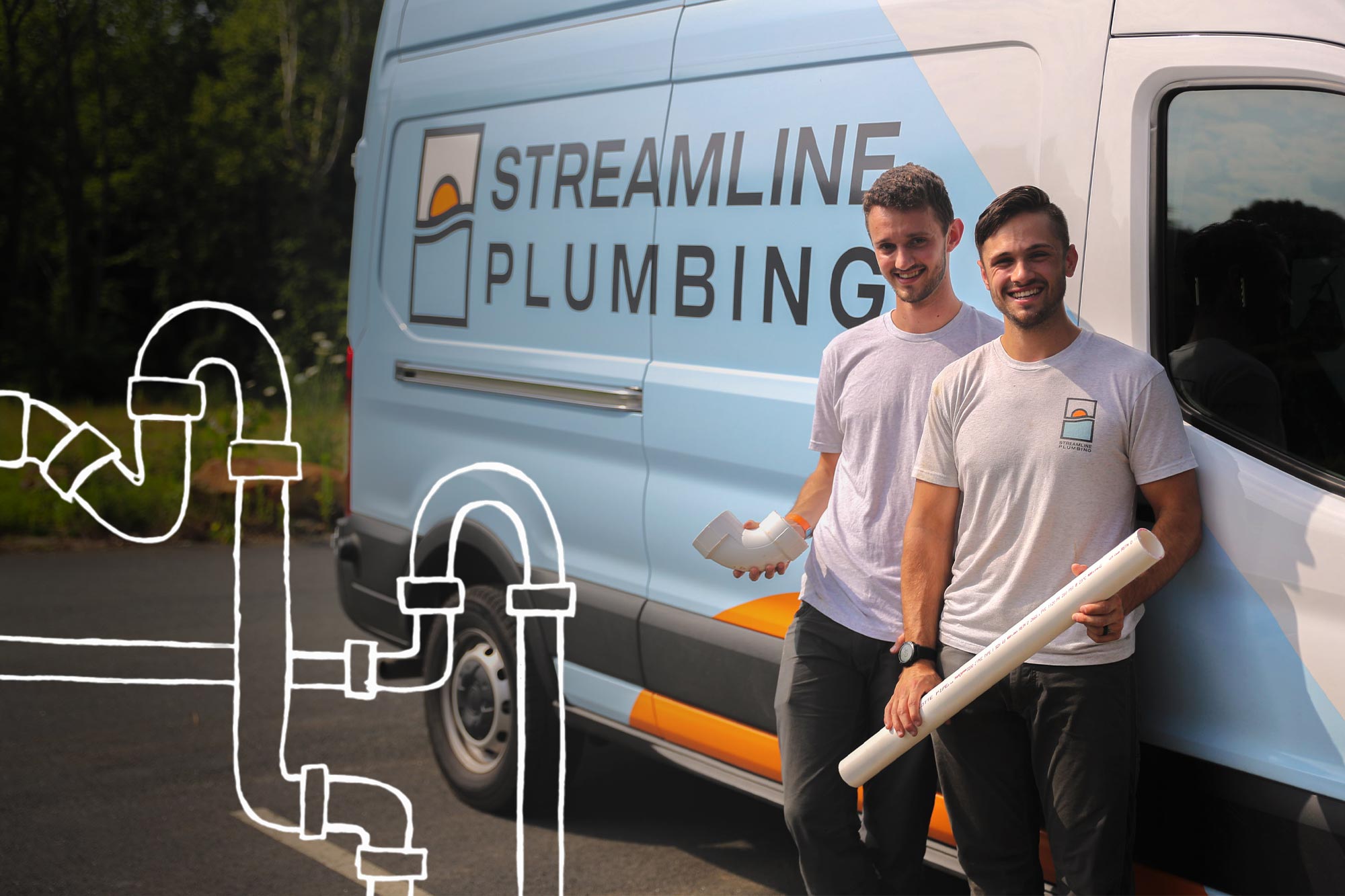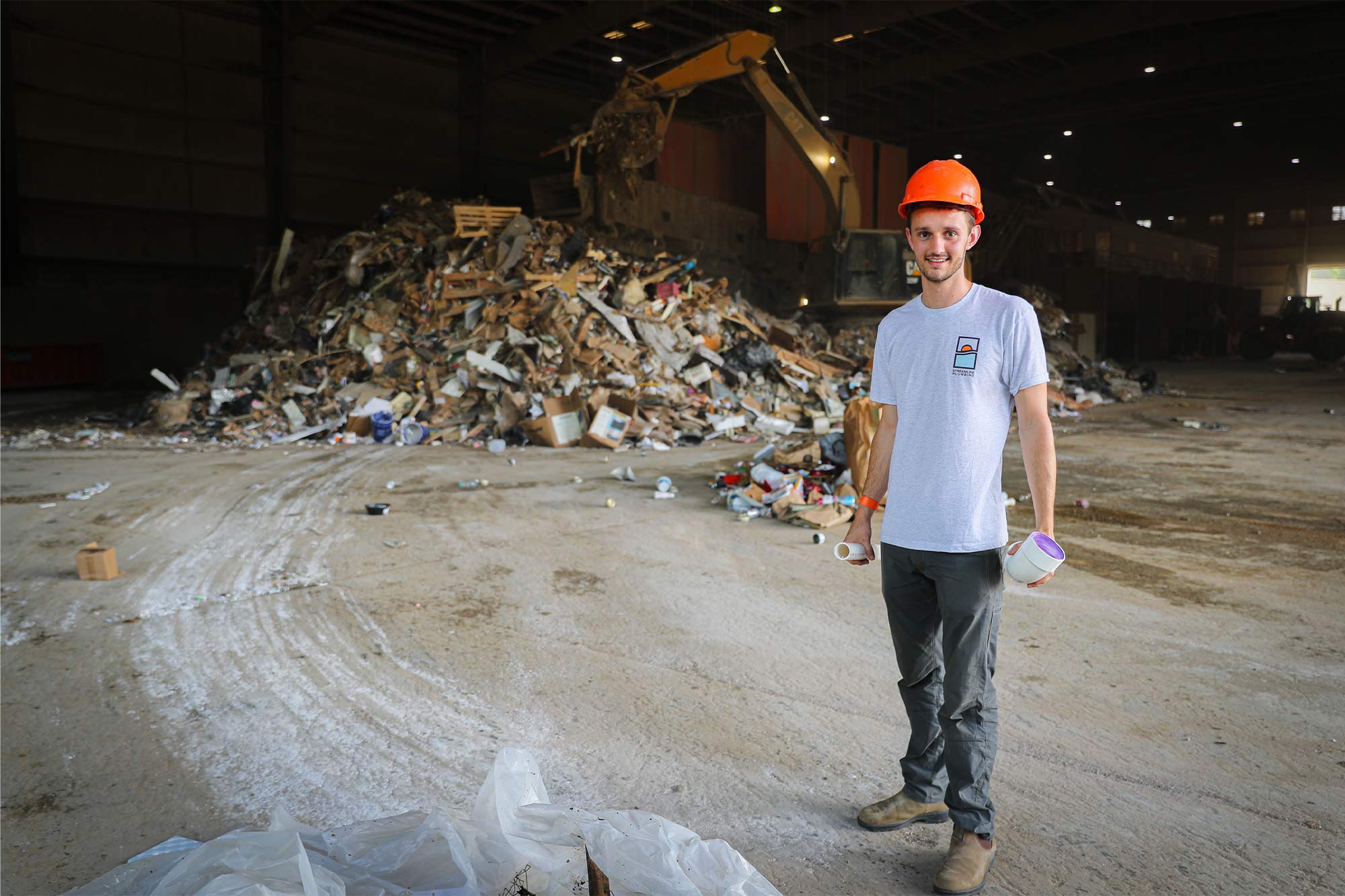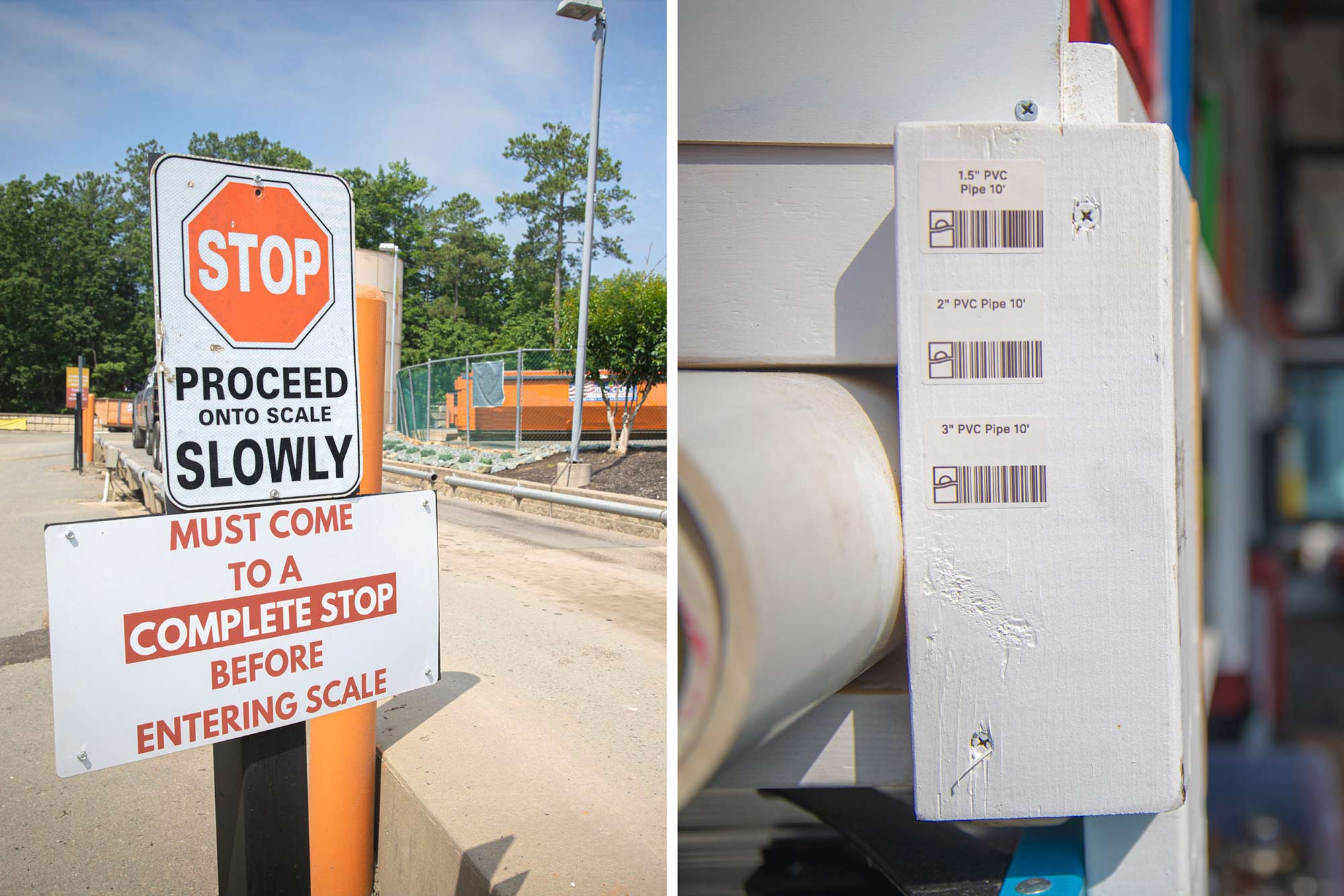Levi Otis spends a lot of time thinking about polyvinyl chloride, more commonly known as PVC.
He’s a 2021 graduate of the University of Virginia’s School of Engineering, he owns a plumbing company, and like his colleagues, he spends a lot of time cutting and fitting plastic pipes. And that got him to thinking: What could he do to keep discarded PVC pipes out of the landfill?
“Throughout my time at UVA, the professors always made sure we understood that as future engineers, we were always thinking of improvements we could make to the world around us,” Otis said.
And that’s why, once a week and with gas prices near $5 a gallon, he drives 24 miles one-way from Charlottesville to the small Louisa County town of Troy.
When Otis and business partner Thomas Agnew launched Streamline Plumbing earlier this year, they wanted to stand out by making their business more environmentally friendly. “We did not want to just keep throwing away our PVC,” Otis said.










